The views expressed in our content reflect individual perspectives and do not represent the authoritative views of the Baha'i Faith.
A few years ago, I interviewed refugees from Darfur—the region in Sudan that has experienced genocide since 2003. These men had been able to escape the violence by fleeing their homes and traveling over 1,000 miles to safety.
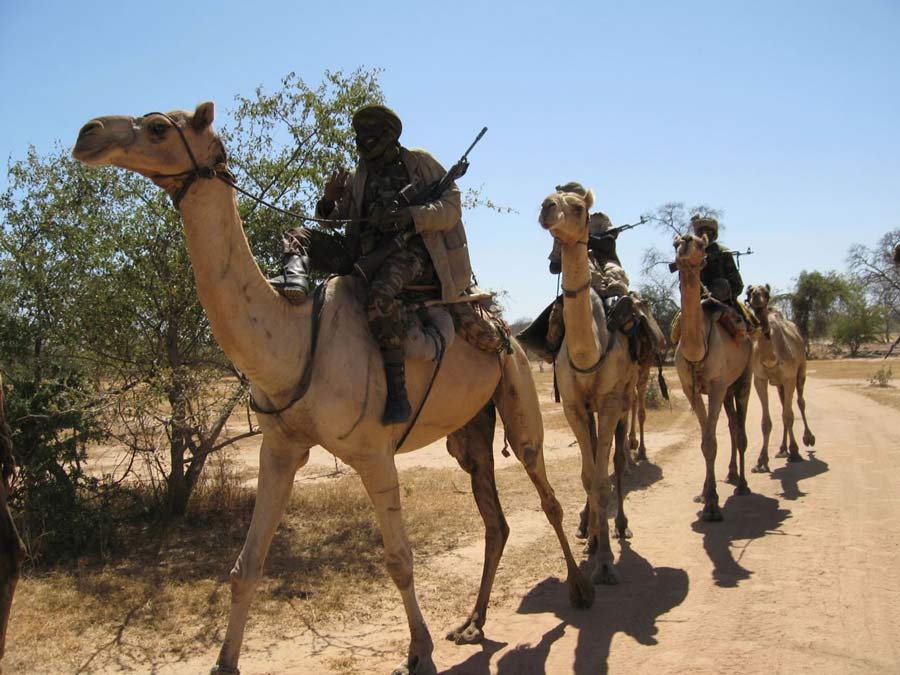
Sudanese Janjaweed
Throughout the interview, they told me stories about how Sudanese soldiers and militias known as the Janjaweed had attacked their homes, sending many people to refugee camps. Afterward, I asked if they had any questions for me. Shatta—a reserved, thirty-five year-old man whose entire family had been killed in the genocide—quietly stated that he had a question. Shatta looked me in the eyes, and he asked why people around the world didn’t care. Why was it that genocide had been taking place for over a decade in Darfur, with hundreds of thousands of people killed? Did people know about the immense suffering taking place in Darfur, and if they did, why were they so silent?
My initial reaction was defensive. I wanted to tell him that this simply wasn’t true; that many people in the world do, in fact, care. But, as I opened my mouth, I couldn’t. Because the truth is he was right.
The same socially constructed boundaries that influence genocide—the us/them ideas that divided Hutus and Tutsis in Rwanda and that deemed certain groups as different in Sudan—also sometimes keep us from taking action. It can be very easy to focus on problems that we believe affect us. It is much harder to care about what takes place in other parts of the world—whether in Rwanda, in Sudan, in Bosnia, or in the many other countries that have recently experienced genocide. Indeed, us/them thinking is a factor that leads to genocide, but it also prevents us from responding when the violence happens to “them” and isn’t targeting “us.”
This means that part of eradicating genocide means understanding and working against us/them mentalities. It means striving to care about people all over our world, because we are all “us.” It means, as the Baha’i teachings say, realizing we are all interconnected, that we are truly one human family:
Although the body politic is one family yet because of lack of harmonious relations some members are comfortable and some in direst misery, some members are satisfied and some are hungry, some members are clothed in most costly garments and some families are in need of food and shelter. Why? Because this family lacks the necessary reciprocity and symmetry. This household is not well arranged. This household is not living under a perfect law. All the laws which are legislated do not ensure happiness. They do not provide comfort. Therefore a law must be given to this family by means of which all the members of this family will enjoy equal well-being and happiness.
Is it possible for one member of a family to be subjected to the utmost misery and to abject poverty and for the rest of the family to be comfortable? It is impossible unless those members of the family be senseless, atrophied, inhospitable, unkind. Then they would say, “Though these members do belong to our family — let them alone. Let us look after ourselves. Let them die. So long as I am comfortable, I am honored, I am happy — this my brother — let him die. If he be in misery let him remain in misery, so long as I am comfortable. If he is hungry let him remain so; I am satisfied. If he is without clothes, so long as I am clothed, let him remain as he is. If he is shelterless, homeless, so long as I have a home, let him remain in the wilderness.”
Such utter indifference in the human family is due to lack of control, to lack of a working law, to lack of kindness in its midst. If kindness had been shown to the members of this family surely all the members thereof would have enjoyed comfort and happiness. – Abdu’l-Baha, Foundations of World Unity, p. 38.
As part of the human family, we must also respond to current genocides. This involves helping refugees, like Shatta, who are trying to rebuild their lives, often in new, unfamiliar places without their friends, their families, their jobs, or even their native languages. It also involves letting them know, in whatever way we can, that we do care. Caring, as we all know, means doing—our actions show we care, and our actions toward the victims of genocide will help them see that humanity has not lost its compassion.
Of course, to actually eradicate genocide, we also have to confront the future. Since we now understand genocide and its risk factors, we can, for the most part, predict where it will happen. If we can predict it, we can prevent it.
This will not be easy. We still have much to learn about how the international community should respond to genocide. We will also need sufficient political will. This means that as you strive to care about people worldwide, this care must sometimes be turned into informed action. Because, as clichéd as it sounds, indifference is the major obstacle to eradicating genocide. Surely, it’s not the only obstacle we have to overcome, but it is the most important place to start.
So, to prevent the loss of future lives, and of rich cultures, please take your responsibility seriously. It belongs to every human being. If we take it seriously, and truly believe in the oneness of humanity, I am certain that we will live in a united world where we have eradicated genocide. Someday.
This essay came from a TED talk given by Hollie Nyseth Brehm which can be watched here.


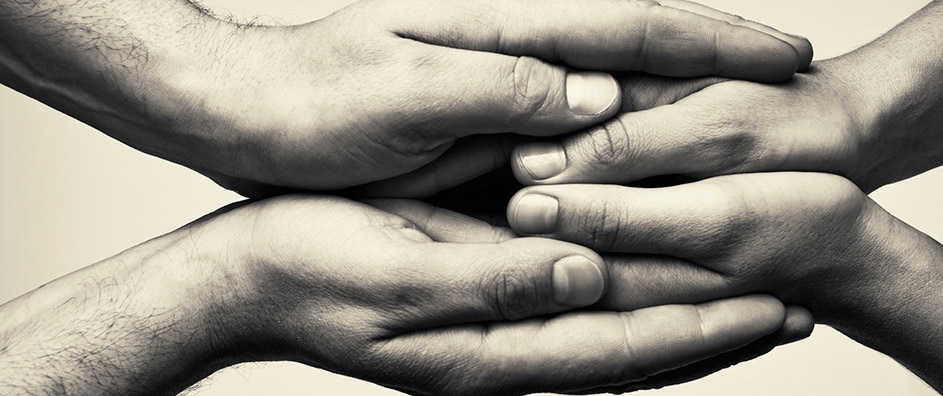

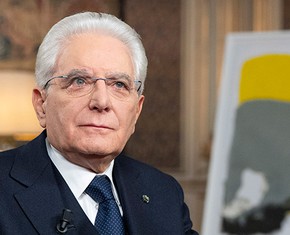
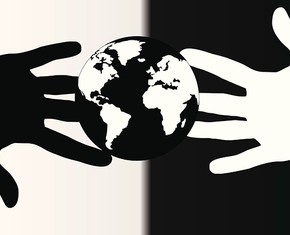
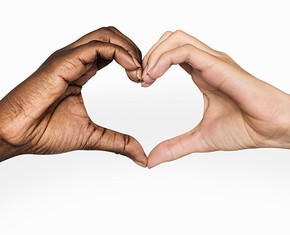









Comments
Sign in or create an account
Continue with Googleor